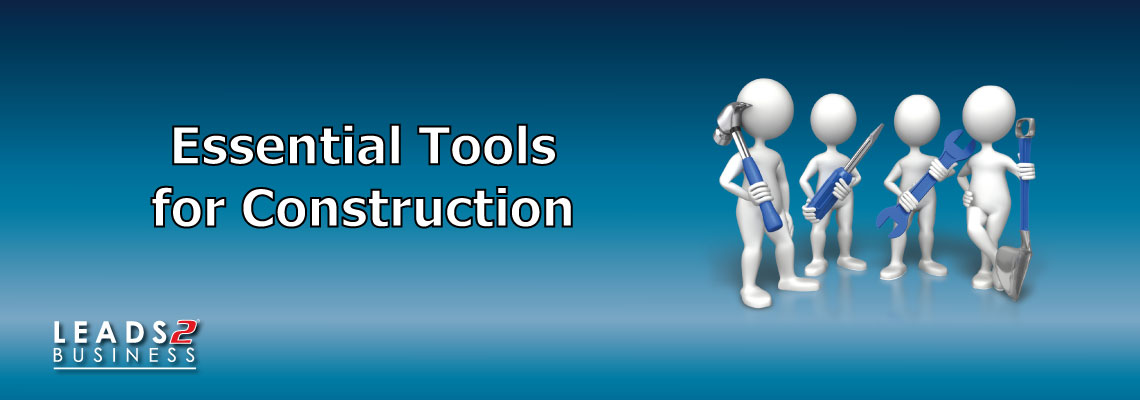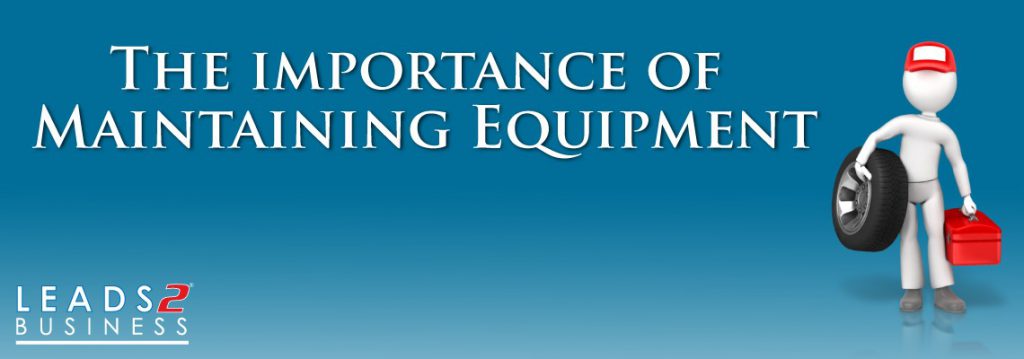
From an amateur with no tuition in taxation, and if you are anything like me you don’t want to get on the wrong side of the taxman and incur unnecessary penalties and fines, you will submit your tax return annually.
Although SARS states if you earn below R500 000 annually and meet certain criteria it is not necessary to submit a return, I feel it is still a necessity.
Do you have medical aid, retirement annuity or contribute privately to your company pension fund? If you answered yes, then you may in line to receive a tax refund. Should you pay into any of the above be sure to submit your tax return with all the relevant documentation/information.
Are you planning on emigrating soon? If so, you will need to receive a tax clearance certificate in order to receive one, you need to ensure that you are tax compliant and in order to be compliant, you need to ensure that all your tax returns have been submitted and that your tax affairs are in good order.
From personal experience, should you be retrenched one day, your employer would need to apply for a tax Directive for you, should you not be in good standing with your tax affairs, the outstanding amount along with penalties will be due by you, SARS will request that your retrenchment pay-out be paid to them to cover the outstanding.
SARS is continually taking the initiative to make the filing of tax returns hassle-free, they recently implemented their auto-assessments, which makes the process super easy, so I suggest if you haven’t already, register for e-filing and start submitting your tax returns annually.
Source:
SARS
To view more Articles, please visit our Leads 2 Business Blog.
If you are interested in becoming one of our subscribers, please visit Leads 2 Business.
To view notes with screenshots on how to use our website, please visit Leads 2 Business Wiki.
About Debora Keet
My journey at Leads 2 Business began in January 2006, newly married, I started in Private Projects, whilst on Maternity leave in 2008, I was promoted to Human Resources Manager and an Administration Assistant in October 2008. Over the years I have grown personally and professionally, and am a proud mother of a pigeon pair.







 Construction equipment is a major investment, the machinery does not come cheap and neither is replacing it if the equipment breaks down.
Construction equipment is a major investment, the machinery does not come cheap and neither is replacing it if the equipment breaks down.
